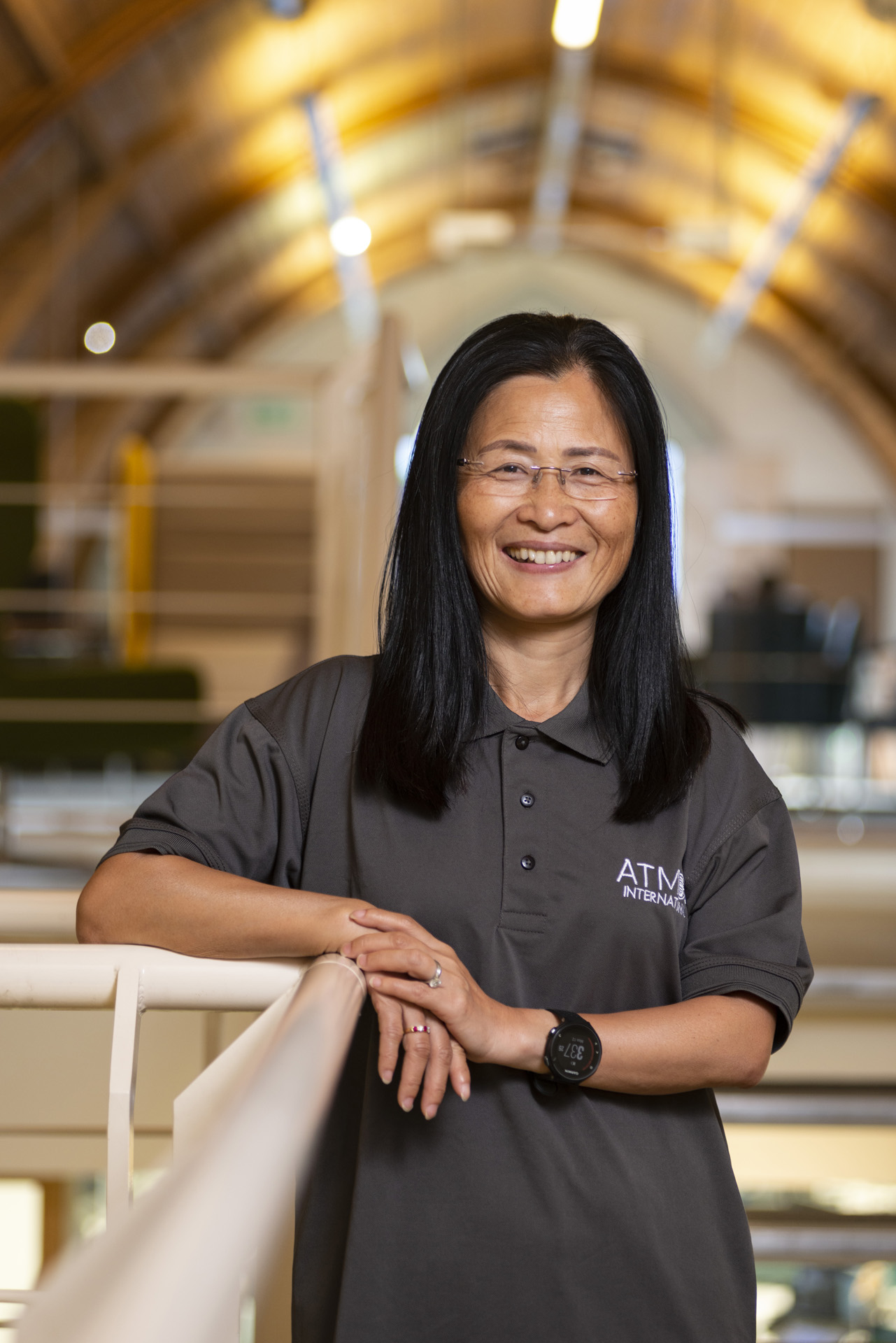From her bedroom in 1995, Dr Jun Zhang set out on her journey to make a lasting impact on the world of pipeline technology. She had a clear vision: to bridge a critical gap in the oil and gas industry by delivering market leading solutions for pipeline leak detection, theft detection and simulation, creating a sustainable business model that could withstand the test of time.
Today, Atmos International (Atmos) delivers its services across the oil, gas, chemicals, water, aviation and mining industries. Through a team of 180 dedicated professionals, the company has successfully implemented its innovative technology on more than 1,500 pipelines in more than 60 countries.
The company has been recognized on many occasions with awards including a 2020 Queen’s Award for Enterprise in the innovation category for its Atmos Wave software. More recently, Atmos ranked as one of the top 100 best mid-sized companies to work for in the UK, presenting Atmos as a company as concerned with its colleagues’ development and wellbeing as it is with its position as a global industry leader.
A gap to be filled
She had a deep understanding of the industry’s needs, gained from academic and early commercial experience in pipeline technology. Jun identified a glaring void in pipeline leak detection. In one of her initial roles, she observed a supplier’s attempts to develop this technology. Jun had a lightbulb moment—realizing they were “trying to build a house on a slope without levelling the foundations.”
Motivated to tackle this challenge head-on, Jun left the security of her job at Shell in the Hague to return to the UK, marking the early days of Atmos International. Boldness and groundbreaking technology characterized this period. Securing initial clients and proving the technology’s viability in the field were crucial steps. Jun’s persuasive efforts led major oil and gas companies to take a chance, establishing Atmos’s presence and laying the groundwork for future growth.
Recognition followed, with Atmos earning two Smart Awards from Innovate UK’s predecessor, the Department for Trade and Industry. These accolades not only boosted Atmos’s financial position through research and development grants but also enhanced its industry reputation.
They ventured into the US in 1999, China in 2002, and Costa Rica in 2010. More recently, Atmos has broadened its sectoral offerings to include water, mining and chemicals.
As Atmos expanded into new markets, challenges arose. Jun noted the difficulties of breaking into new territories, emphasizing the risk averse culture that “no customer wants to be serial number 1.” Even in the seemingly transferable US market, Atmos faced challenges. However, the persistent efforts ultimately led to success.
When (or when not) to seek financial support
Grateful for support from Innovate UK and the-then DTI, Jun acknowledges varying levels of support from different in-country teams.
Investing for the long-term, and building an effective team and network
Investing significantly in research and development has been central to Atmos’s growth strategy. Allocating 30% of its revenue to research and development, the company has developed more than 30 in-house products and growing. Jun recognizes that “getting the right people is always the most challenging part” of building a business, but they are also the key to its success. Atmos took great care in selecting the right individuals across technical roles, project roles, support, sales, marketing and development to ensure that new hires contributed positively to the company’s culture and growth.
Looking ahead to the ever-evolving landscape of 2023, Jun does have concerns about some of the wider geopolitical and macroeconomic challenges. Concerns about potential breakdowns in global relationships and collaborative international policymaking are paramount. Jun emphasises the importance of ‘peace for growth’, acknowledging the direct impact of oil price fluctuations on the company’s sales.
What is next for Atmos International?
Adapting to the world’s shift towards net-zero goals, Atmos strategically invests in the water sector, recognizing its role as a world leader in supporting industry transformation. This shift involves a slightly different business model, with the Internet of Things playing a pivotal role in providing cost-effective solutions for the water industry. If successful, Jun anticipates doubling the company’s size over the next five years, ensuring Atmos remains at the forefront of pipeline technology.

